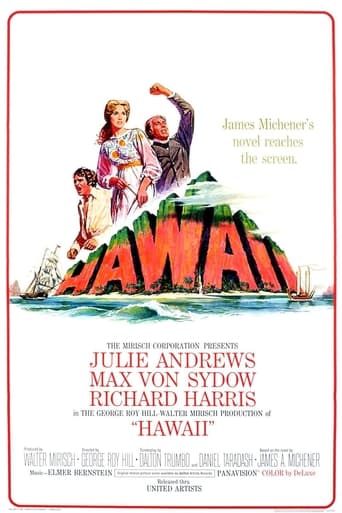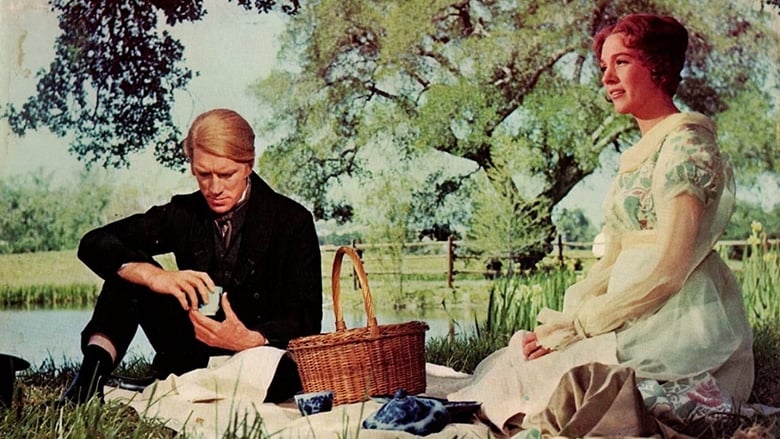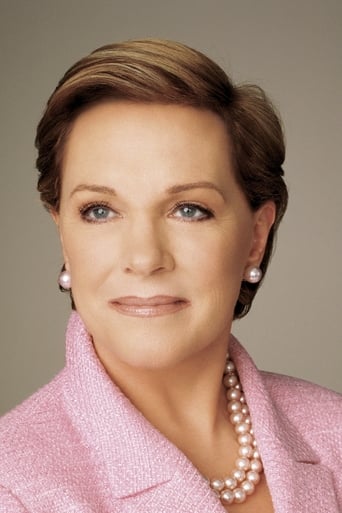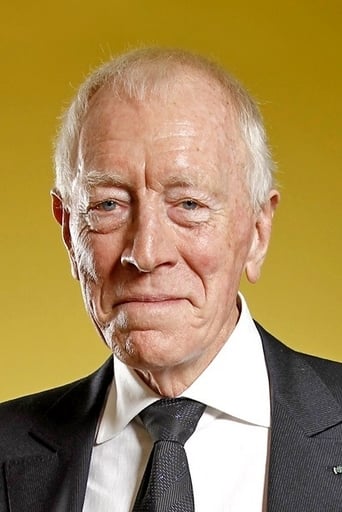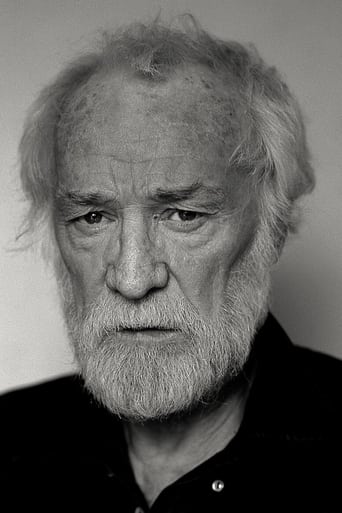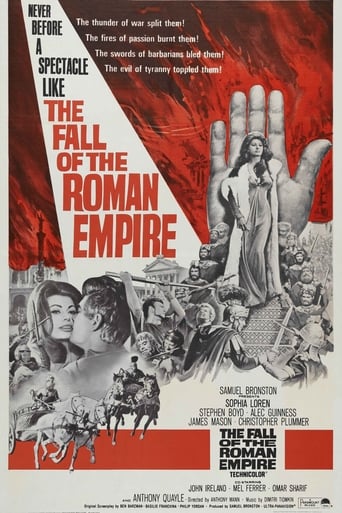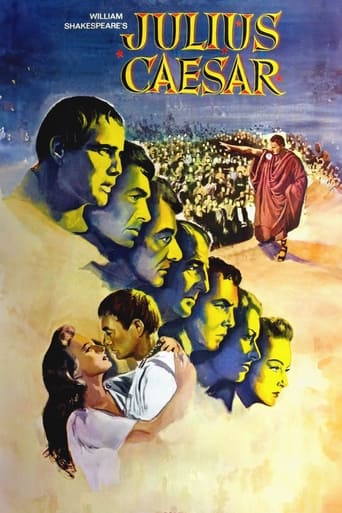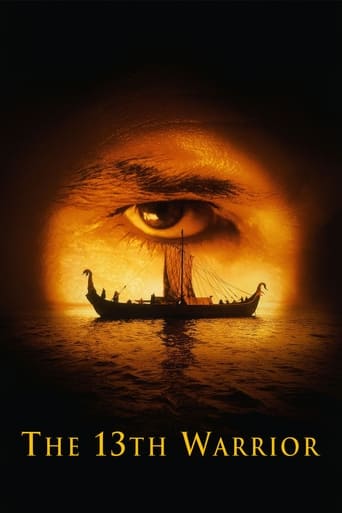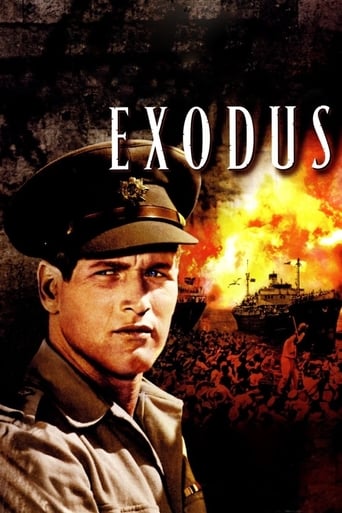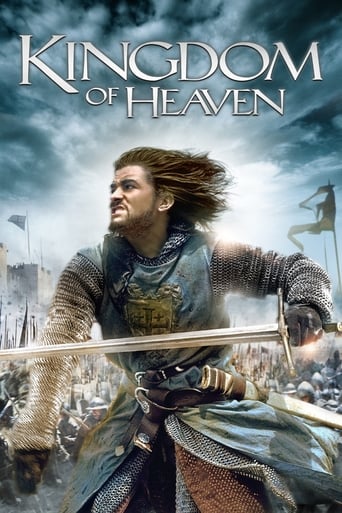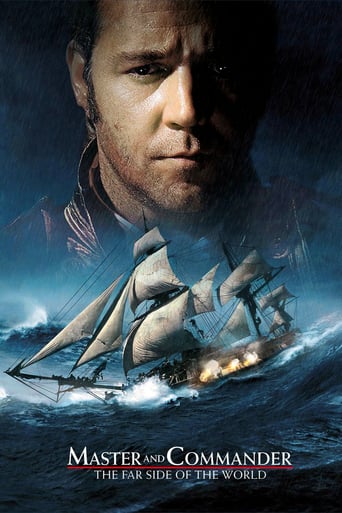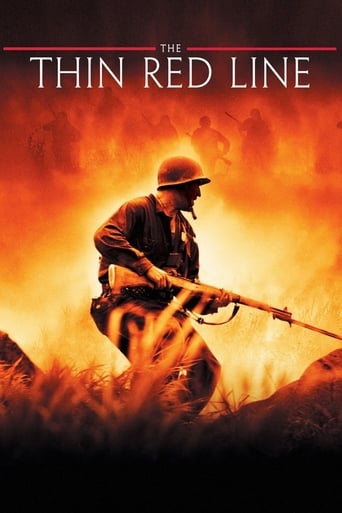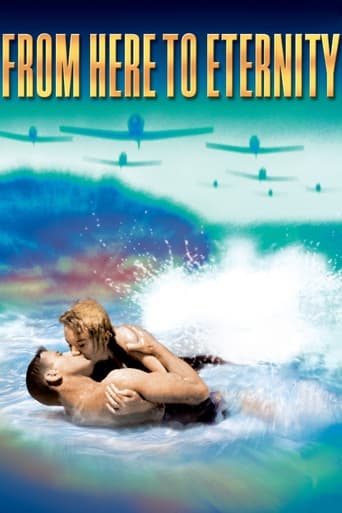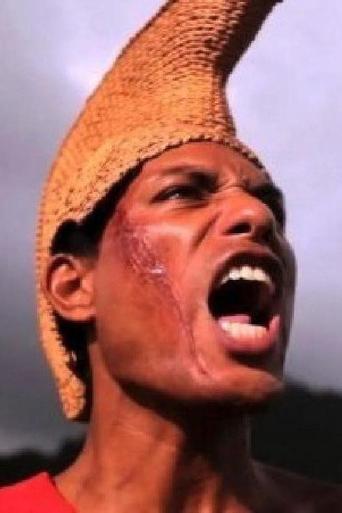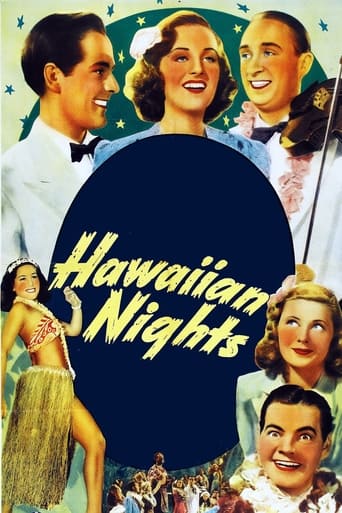Hawaii (1966)
Abner Hale, a rigid and humorless New England missionary, marries the beautiful Jerusha Bromley and takes her to the exotic island kingdom of Hawaii, intent on converting the natives. But the clash between the two cultures is too great and instead of understanding there comes tragedy.
Watch Trailer
Cast


Similar titles
Reviews
Seems like Marlon Brando should have been in this film. I don't know what part he could have played, but maybe a part (only a major part for my Marlon) could have been made up for Marlon. At any rate, I would not have wanted him to portray Abner Hale or any of those other stodgy, uptight ministers, lol. Maybe Marlon's character could have gone for Julie Andrews, then killed Hale the ignorant preacher-man. I have read the enormous novel upon which this film is based. This movie seems long, but the novel is gigantic. The beginning of this book goes on forever in describing the history of Hawai'i, before the white man ever arrived. It also tells lengthy litanies about the origins of the native gods and indigenous beliefs. The missionaries wanted to claim these islands for their religion. This film goes to great lengths to illustrate that. I have been to Hawai'i. I saw their beautiful beaches and exotic plants. The weather is breathtaking. I visited Honolulu, and toured a beautiful museum wherein were displayed artifacts from the lives of late 19th-century Hawai'ian royalty. It seems that by that time, in real life, the royal family of Hawai'i had intermarried with white business and political figures. The white people were building agricultural empires there, for example enormous pineapple production (famous canned pineapple brand names you have heard of). The British also were interlopers in the islands. The Hawai'ian royal family seemed to like the British 19th Victorian fashions and polite manners more than they liked the Americans and their less elegant ways, but the island nation eventually became an American state. The last queen of Hawai'i had been forced to abdicate. She had been married to a white man. I also saw a display there of a life-size figure of James Michener, sitting in a white tent and typing the novel "Hawaii" on his manual typewriter. Did white people ruin Hawai'i? I hope not. It is a beautiful place. I hope to visit there again soon. Observations: Malama (Alii Nui) stole the show, in this film. 10/10
Frustrating film that makes me hate Christianity! What a bunch of arrogant bastards! First of all I highly doubt very much of this film is truthful. I highly doubt the Hawaiians were this gullible! Second, these Hawaiian people were living happily for thousands of years and now you think you are better than them and want to convert them! I wish the people of Hawaii would fight and kill off these illegals alien intruders, or at least don't buy into their religions! As the character John WIppel says "you whites love Hawaii but despise it's people!" This so-called "religion" is just a rouse to steal the land, take the hot women, and pollute and ruin everything in their path!
Max von Sydow pops up in this story of missionaries who went to Hawaii in the 1820s. It is really the story of his wife, Jerusha, who pines away in the island paradise. Jerusha is played by Julie Andrews, whom I never really cared for, although she was highly regarded in the 1960s. Von Sydow took on a similar role in 1971 in The Emigrants, a film in which he again uproots his wife only to watch her disintegrate. A young Richard Harris is Jerusha's jilted lover. Themes are typical. We watch native Hawaiians suffer as a result of contact with Europeans. The film is a bit too long, but it is worthwhile. I rented it when I decided to go to Hawaii.
This film is based on the first half of Michener's book, HAWAII. If follows the life of an initially self-righteous and cold missionary when he is one of the first Westerners to move to this exotic locale. This man is played by Max Von Sydow and he is about as fun to be with as a festering boil.Later, partly because of his coldness, his vivacious wife, played by Julie Andrews, runs off and soon dies. Then, after this trauma, Von Sydow changes and begins to look on the natives in much less harsh terms and his heart softens.The final portion of the film involves the massive influx in opportunists and land-grabbers. The once beautiful and proud nation the missionary once new is now quickly disappearing despite his best efforts.Th irony in the film is that initially, Von Sydow so strongly tried to change the Hawaiians from their "heathen ways", only to eventually mourn the passing of their culture.This was an extremely beautiful film and had a lot of fascinating insights into the old Hawaiian culture and royalty (though the whole business about the Queen's husband plucking out his eyes was a bit nasty). But, there was also a shortcoming in how it dealt with the characters. They tended not to be realistic, but more caricatures who were generally one-dimensional. The missionary was either cold and bad or open and sweet. The natives were allowed little depth as well and the Westerners were almost always bad.

